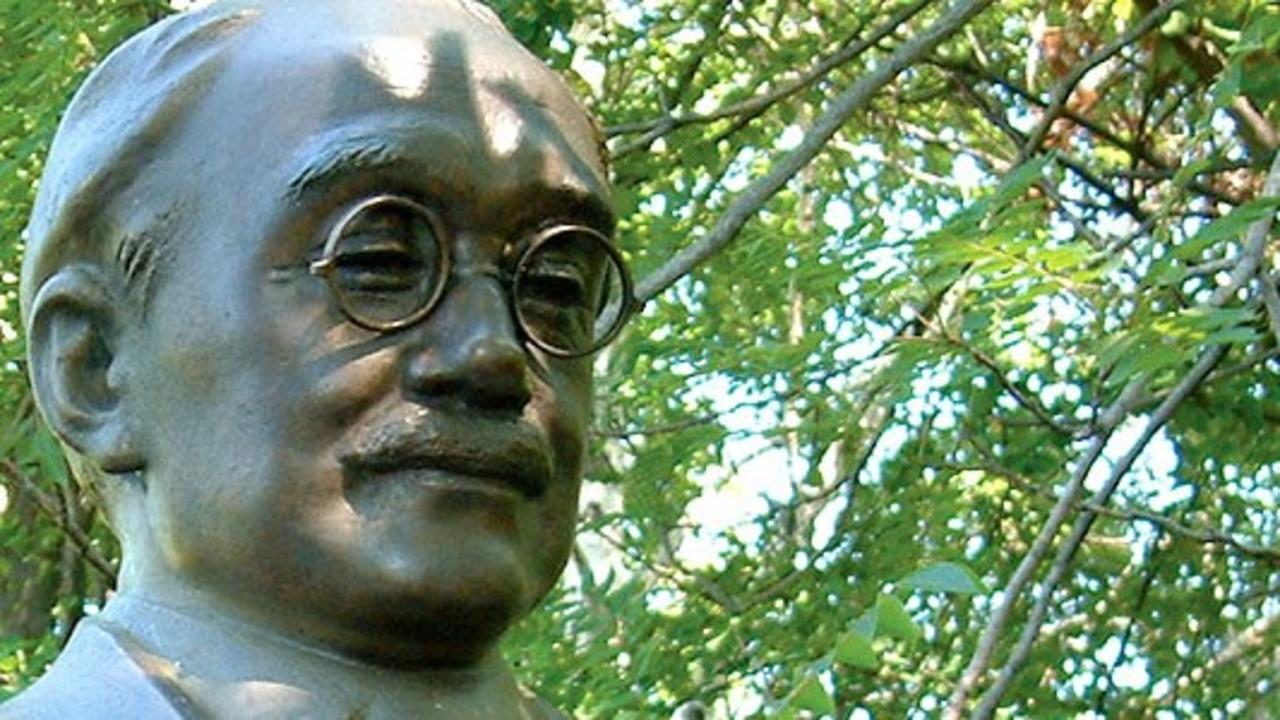Gi, The fundamental difference between right and wrong
Apr 07, 2019
So, for example, right now we’ve begun a whole new course with the kids where, after they do their warm-up and about 15 minutes of rolls, striking drills and exercises - I’ll group them together and we’ll do a quick mat chat. The group talks -bout some specific life lessons, but I don't really make it a motivational speak, per se. I actually tie in the warrior culture, especially the warrior culture as it relates to the martial art that they're studying.
In this particular class we began the tenets of Bushido, as written by Inazō Nitobe in Bushido: The Soul of Japan.
The first tenant Nitobe presents is Gi, or the principle of rectitude and justice. To understand why this is important for the kid’s class, and I would argue ‘all martial artists’ is that the first value taught to these young students is that martial arts - especially the traditional martial arts - the core values of bu-do (martial way), begins with the fundamental difference of right and wrong. Developing the deep understanding and ability to identify the fundamental differences between what is truly right and what is truly wrong when conditions are stressful and out of control.
Now, I say ‘traditional martial artist’ as that is my path, but do not want to diminish this value from my peers who teach and coach the competitive martial arts or modern personal protection based systems. There are truly modernized systems of fighting that have evolved from the primitive into today’s needs, But principally we both move from the same baseline, and it’s those trainers I honor who teach from the value of pure and true martial art training. Right and wrong, is the priority over any strike or choke.
For my young students, that's a really important thing. Too many times they get caught up, influenced by the adults around them with too much emotion-driven nonsense. Politics, hurt feelings, fear. Have you ever been in the corwd of parents at a middle school sports game? You’ll know what I mean.
The values I impress in the young students at my Dojo hopefully equip them with the ability to truly look at conditions in their life outside of the emotional cage, to without hesitation say within themselves,
"Is what is happening right? If it is, then it is the path regardless of the obstacle I may face ahead. Is what is happening wrong? And if it is wrong, regardless what benefit I may gain, it is still wrong. If necessary and if I am capable, I will be the hand to help those on the wrong path change course, but I will not waver from truth in exchange for comfort.”
While not justice per say, I believe that without this framework in place, Nitobe’s provides us with a tenant that is unattainable.
Once a student joins the Dojo, I begin working on getting them to understand this first principle. I've been teaching martial arts now for 20 years, and I feel this is truly the most important component that students must understand. They have to understand why are they here? Why are they doing this? For children, they wonder, why does my mom and dad want me doing this?
And why are adults making this conscious choice to commit a certain amount of their time, their life, their health even, their well-being - to this pursuit? Without clarity, it oftentimes doesn't make a whole lot of sense; why are we doing this? It's important that I give a clear definition and a clear understanding as to what the value of this time is invested in the Dojo is.
The very, very first step into understanding that value with absolute clarity is to bring the sense of Gi into your life, being able to understand that you are increasing the fitness level of how justice exists in your human experience.
Nitobe explains that Gi is the equivalent to the warrior's skeleton, their structure that. Without a healthy, strong framework, they would just collapse into their own footprint. Without a strong sense of justice, the warrior simply could not stand. Gi is what gave the warrior the stature, allowed him to hold their weapon firmly, and to wear heavy armor without a concern.
And without that justice properly in place, it’s easy to say, “well, it may be wrong, but this one time is an exception”. We can become selective. However, for the warrior, for the martial artist, there is never a compromise - nor should there be.
My students are here to study martial arts and understanding the value of Gi as a baseline of why they're training in martial arts is a priority.



